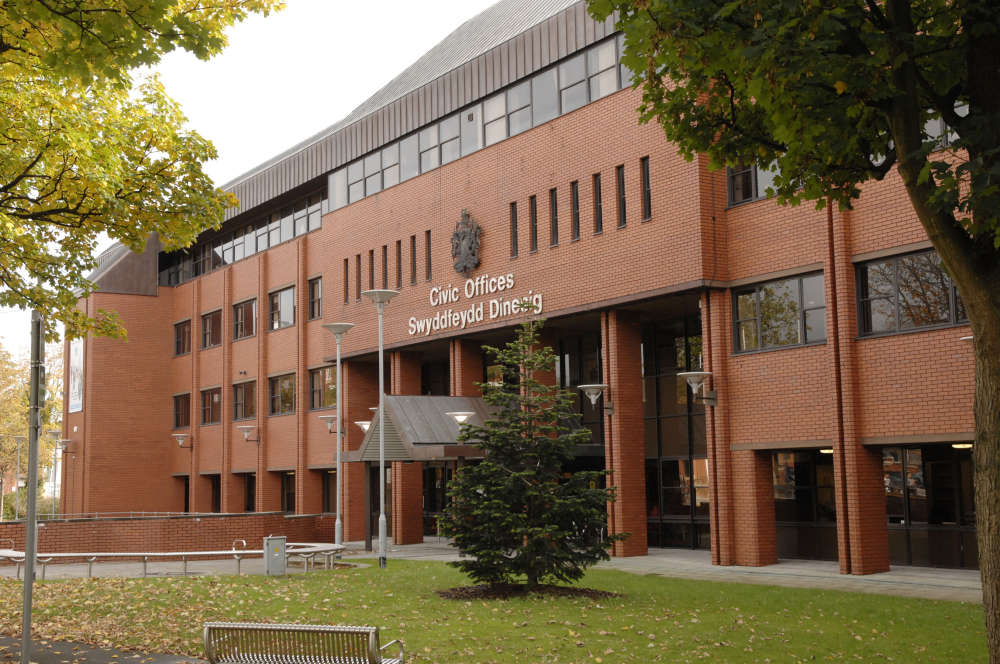
Vale Council is warning residents to be aware of a parking ticket scam.
It follows reports of bogus text messages being sent to the public, claiming a parking fine needed to be paid to the local council.
The National Anti-Fraud Network - made up of a group of local authorities, including the Vale of Glamorgan - said no such fines had been issued in the first place.
Cllr Ruba Sivagnanam, cabinet member for regulatory services at Vale Council, said: "Unfortunately, scams targeting the public are common and have become more sophisticated in recent years."
"They often make use of the latest technology and can be very convincing with fraudsters’ methods and techniques developing at pace."
The bogus messages read: "Please Pay a parking penalty charge notice (PCN) issued by a local council. If you do not pay a PCN within 28 days, you’ll get a ‘charge certificate’ and you’ll have 14 days to pay the original fine plus 50% more. If you do not pay you’ll be prosecuted - you may have to pay a bigger fine as well as court costs. Please pay your fine at the link after reading the information.”
Part of the wording also appears on the UK Government website, where legitimate parking fines are paid - and according to the NAFN, it has likely been added by fraudsters to make it appear credible.
The messages also include a link of pay the fine, which when clicked on displays a website containing a phone number.
There have also been reports of fake QR codes being placed on a number of pay-and-display parking machines - some of the codes claim to link to Pay By Phone, a legitimate mobile parking app.
But the fake codes actually take users to another website, which displays the app's logo, but is not safe and should not be accessed.
Cllr Sivagnanam added: "Shared Regulatory Services carries out trading standards safeguarding in the Vale, Cardiff and Bridgend local authority areas and is actively involved in raising awareness of fraud to prevent harm to consumers."
“But it is also important for residents to be more vigilant and questioning than ever before given the type of complex deceptions we are now seeing."
“Always ask yourself whether a communication is genuine and if you have any doubt, contact the organisation or person yourself to check."
“It is useful to stop, think and check, before you respond or provide any personal or sensitive details."




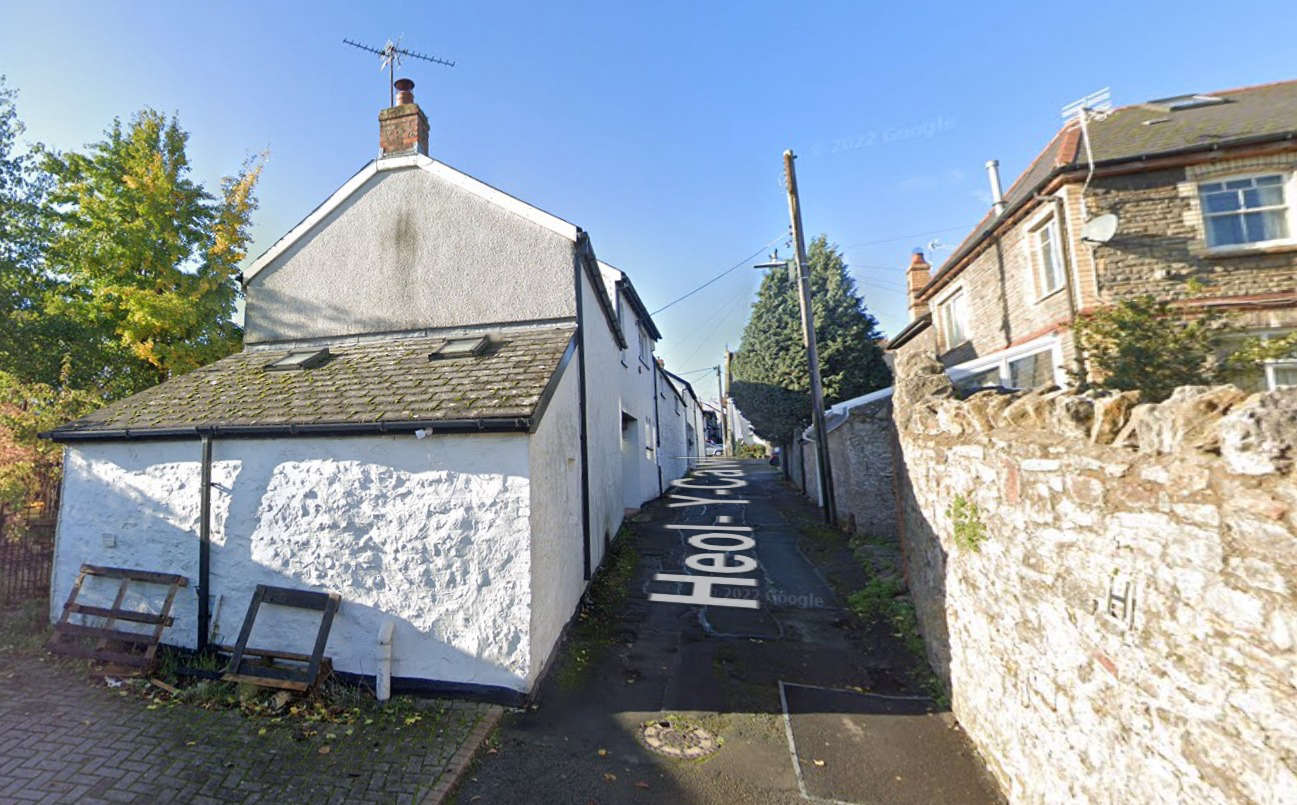 Residents oppose old cottage conversion
Residents oppose old cottage conversion
 Barry placemaking plan targets empty shops
Barry placemaking plan targets empty shops
 Lauren takes to the till for Tŷ Hafan
Lauren takes to the till for Tŷ Hafan
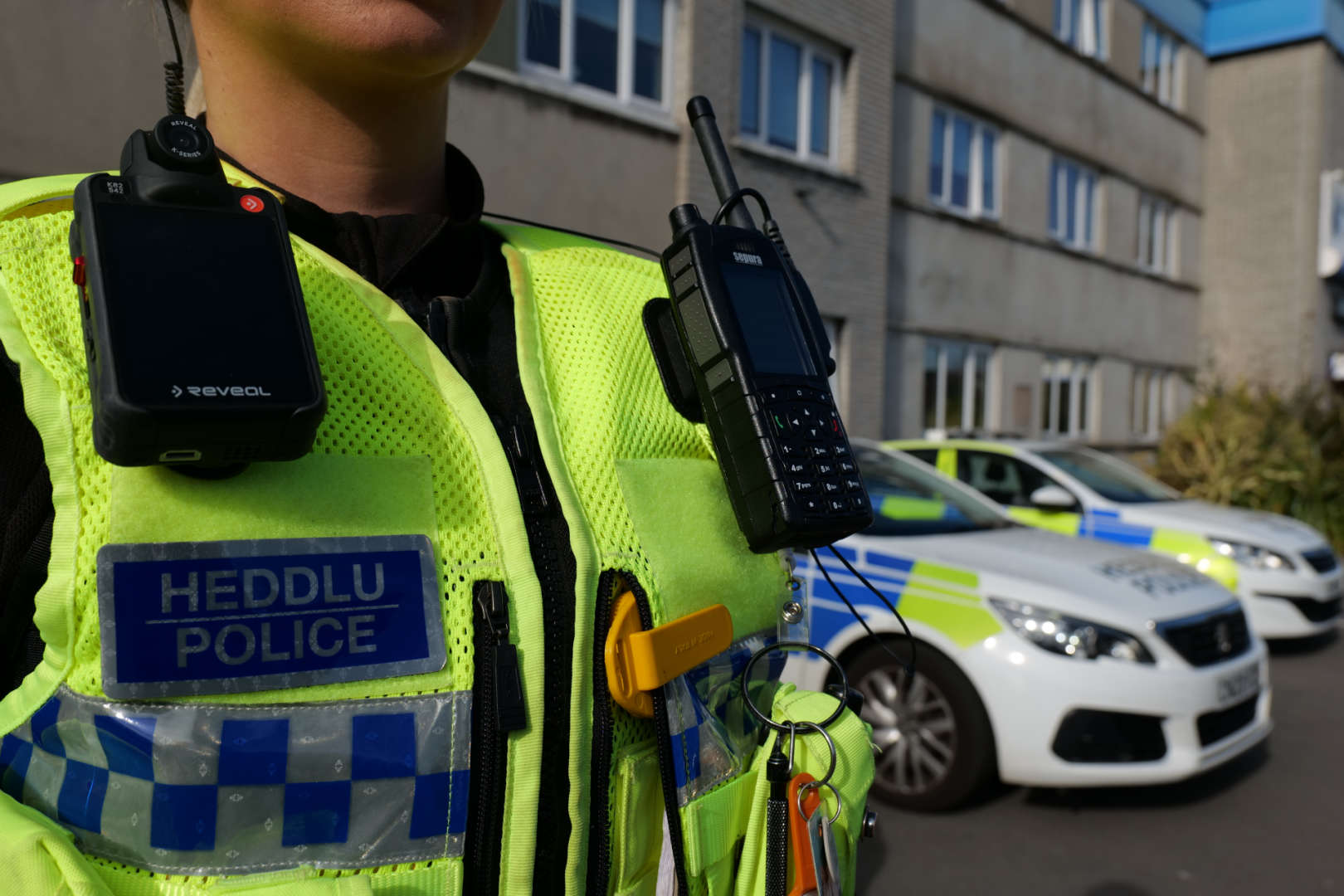 Work vans targeted by thieves
Work vans targeted by thieves
 Maintenance work to hit Vale train services
Maintenance work to hit Vale train services
 Chemical spill in Llantwit Major
Chemical spill in Llantwit Major
 Drifting paddleboarders rescued off Ogmore
Drifting paddleboarders rescued off Ogmore
 Man waiting years in agony for a hip replacement
Man waiting years in agony for a hip replacement
 Inquest opens into father's death
Inquest opens into father's death
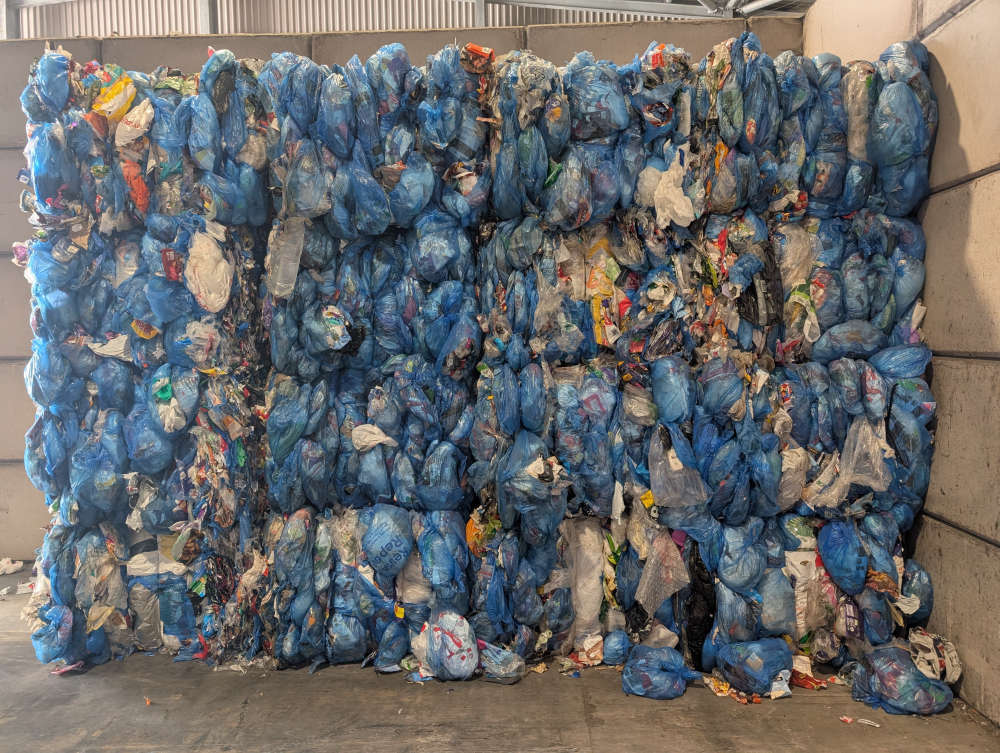 Soft Plastics trial collects 2.5 tonnes from homes every week
Soft Plastics trial collects 2.5 tonnes from homes every week
 Cardiff Airport subsidy faces legal challenge
Cardiff Airport subsidy faces legal challenge
 New golfing attraction on hold
New golfing attraction on hold
 Coney Beach amusement park set to close in October
Coney Beach amusement park set to close in October
 Tributes paid to Barry and Vale of Glamorgan Councillor
Tributes paid to Barry and Vale of Glamorgan Councillor
 Headteacher's warning over literacy skills
Headteacher's warning over literacy skills
 Street Food Circus Returns to St Donat’s Castle with Fantastic Fȇte
Street Food Circus Returns to St Donat’s Castle with Fantastic Fȇte
 Free summer holiday activities unveiled
Free summer holiday activities unveiled
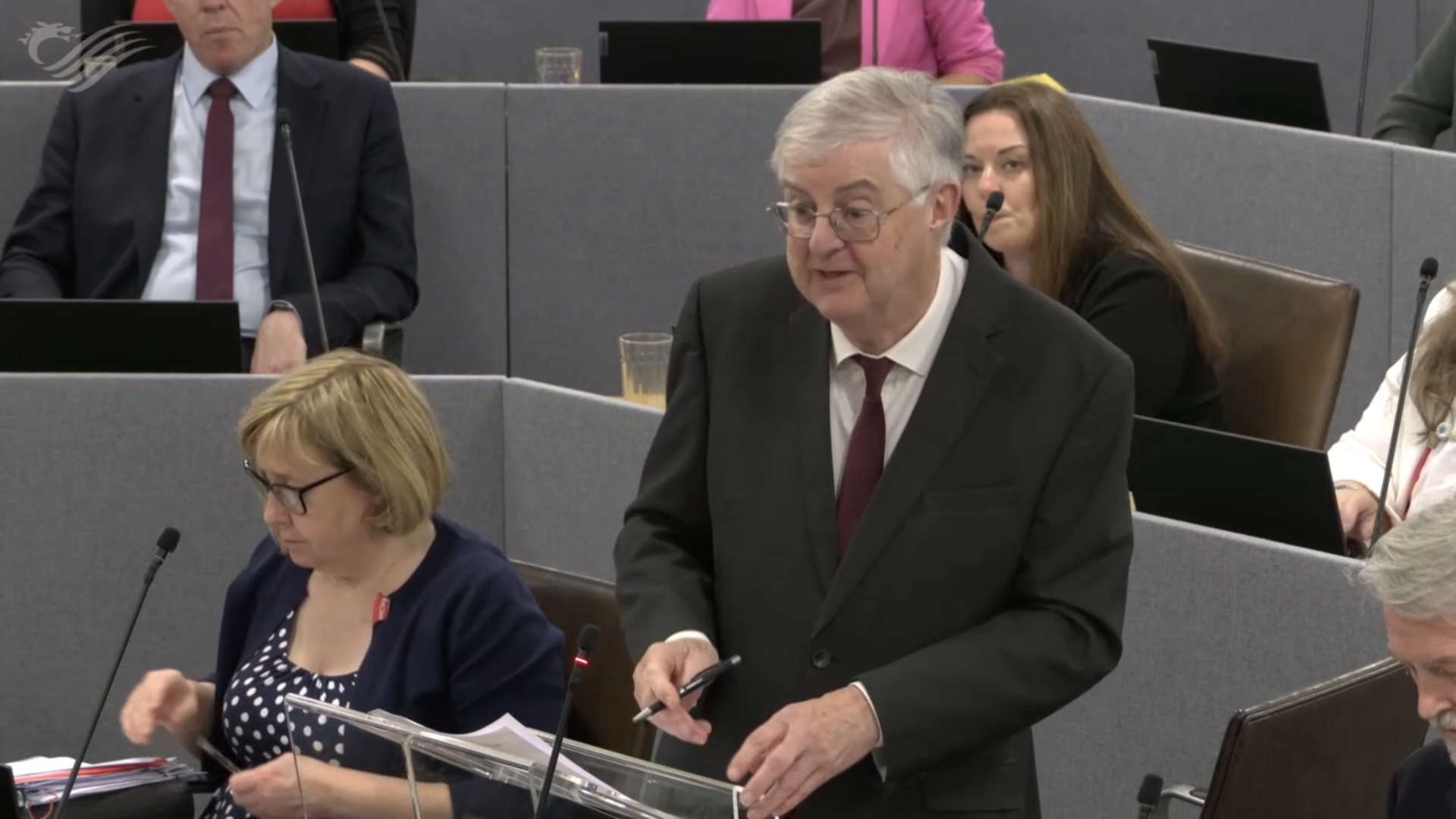 Tourism tax plans get green light
Tourism tax plans get green light






